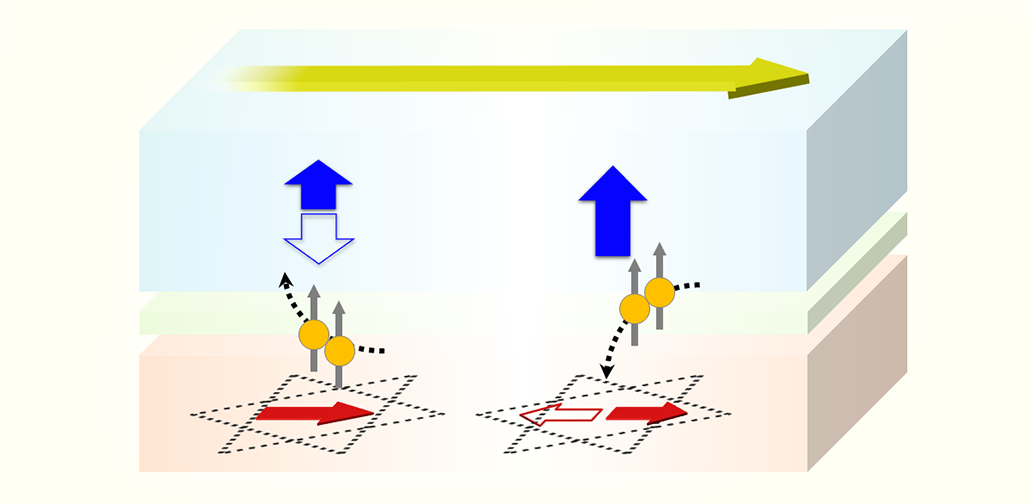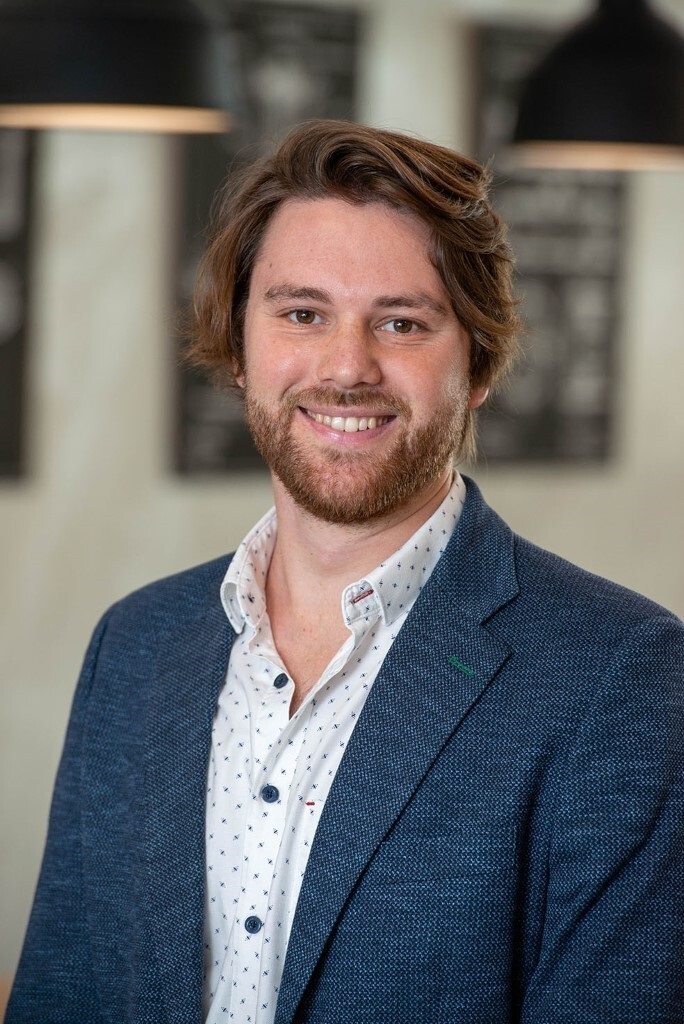A total of 32 Western Australian schools will share in $109,000 for projects to reduce waste disposed to landfill.
Environment Minister Reece Whitby announced the recipients of the 2022 WasteSorted Schools grants, which will be used to fund projects such as worm farms, chicken coops, waste sorting bins and composting systems.
The program, previously known as Waste Wise Schools, is run by the Waste Authority and funded through a levy on waste to landfill as part of the State’s Waste Strategy 2030.
It provides funding for school infrastructure and initiatives that avoid and recover school waste, such as paper and cardboard, food waste, single-use packaging and general recycling.
This year, the new-look WasteSorted Schools program provides streamlined eligibility criteria and a simpler application process to encourage more schools to reduce their waste.
All accredited WA schools are eligible to apply for a grant of up to $5,500.
Applications for the next funding grant can be made between July 18 and August 30, 2022. For more information on the WasteSorted Schools program or to become accredited, please visit
As stated by Environment Minister Reece Whitby:
“The WasteSorted Schools program plays an important role in educating and engaging students and the school community in waste avoidance and recovery practices.
“Recent changes to the program have streamlined the process and made it more straightforward for schools wanting to apply for funding for their waste management projects.
“I congratulate recipients for their commitment to improving waste management behaviours in our children and wish them luck for their projects.”
As stated by Education and Training Minister Sue Ellery:
“We know young people are passionate about environmental causes and these grants help students to find some practical solutions to complex issues.
“Thank you to all of the schools that applied – you are helping to make a difference now, while also educating students on how to better look after our environment moving forward.”
Summary of grants: Round One – 2022 WasteSorted Schools program
Aveley Primary School, $3,030, to upgrade bins to include landfill, compost and Containers for Change bins. Desktop compost bins will be provided to each classroom and a community recycling station will be established.
Belmay Primary School, $4,320, to set up a pre-primary worm farm, composters and food scrap buckets for all classes and run regular ‘Waste Free Wednesdays’. New veggie patches will be fertilised by the compost and worm farm.
Butler Primary School, $1,460, to set up a food scraps caddy in classrooms to educate students on items that can be composted. Waste will be composted or fed to the worms.
Carine Senior High School, $2,000, to purchase blue paper recycling bins to be managed by an eco-team (Paper Patrol), who will empty recycling bins fortnightly.
Carnarvon Christian School, $4,560, to install food waste bins and Containers for Change bins in every class. The food waste will be composted in a worm farm with the castings and liquid fertiliser to keep the school gardens healthy.
Churchlands Primary School, $4,287, to revamp the 9R shed, their recycling, composting, garden and chicken hub, by giving it a face lift, new name and signage.
Cloverdale Primary School, $5,400, to create an outdoor classroom adjacent to their compost and food gardens, with seating made from recycled soft plastics.
Cooloongup Primary School, $5,400, to install worm farms, food digesters, compost bins, mixed recycling bins and paper brick makers for the recycling of paper.
Dampier Primary School, $2,400, to purchase bins to collect paper and cardboard, organic waste and co-mingled recycling. To complement the existing community CDS bins, the school will also provide bins for collecting soft plastics and bottle tops.
Duncraig Primary School, $4,680, to set up waste stations around the school so students can correctly sort their waste.
East Maddington Primary School, $2,420, to refresh the garden beds, add a greenhouse, set up a dedicated Waste Warrior Team and expand the Containers for Change program.
Eaton Primary School, $5,500, to install waste stations that will be correctly colour coded, secure and well-labelled to facilitate students correctly sorting their waste.
Helena River Steiner School, $4,230, to purchase waste and gardening infrastructure, and to engage a local Noongar artist to work with students to create artwork for interpretative signage that encourages waste minimisation.
Kellerberrin District High School, $4,260, to provide bin stations in prominent areas around the school to support waste sorting and recycling.
Kingston Primary School, $3,390, to set up a three-bin waste sorting system, start a Waste Warrior club, improve the composting system and restart worm farms with improved shade.
Mazenod College, $3,100, to purchase worm farms and worm farm infrastructure.
Mel Maria Catholic Primary School, $2,120, to collect food waste and process it in compost bins and worm towers, and provide soft plastic recycling centres.
Millen Primary School, $4,300, to extend worm farming and composting, build a chicken coop, and place a park bench made from repurposed soft plastics near their main waste collection/sorting depot.
Mother Teresa Catholic College, $4,720, to purchase recycling and compost bins, wicking beds and gardening equipment to enable students to work on the worm farms, compost bins and garden beds.
Poseidon Primary School, $4,190, to install a worm farm and a shade structure for the worm farm. The Sustainability Team will participate in an incursion on how to set up and care for the worm farm.
Saint Simon Peter Catholic Primary School, $4,160, to purchase collection buckets with lids, compost bins and gardening equipment, including gloves, a compost aerator, compost conditioner, proper storage and additional worms.
South Bunbury Education Support Centre, $780, to set up waste stations to collect food scraps, paper and cardboard, soft plastics, Containers for Change and reusable/repairable items, and to install an indoor composter.
South Thornlie Primary School, $2,600, to establish a school garden, organic waste recycling, worm farm, soft plastics recycling and install new compost bins.
Spearwood Primary School, $1,850, to purchase the Subpod system for their upper school and early childhood area to educate students as to the philosophy, operation and many benefits of composting and worm farming.
St Bernadette’s Catholic Primary, Port Kennedy, $3,160, to purchase paper/cardboard and general waste bins by setting up a faction challenge to support the P&C’s Containers for Change initiative, and more composting and worm farm equipment.
St Elizabeth’s Catholic Primary School, $4,700, to purchase recycling bins, a compost tumbler, garden maintenance equipment, more worm farms, a greenhouse for seed raising and create more vegetable gardens and fruit tree spaces.
St Jude’s Catholic Primary School, $3,900, to create a sustainable garden so produce can be used in the school canteen and for ‘Crunch n Sip’, with any waste to be composted in the worm farm and the worm leachate used to fertilise the garden.
St Thomas More Catholic Primary School, Margaret River, $1,800, to provide waste management education and to install a FOGO bin, a general waste bin, recycling bins and paper recycling bins.
Takari Primary School, $2,600, purchase vests for students who become Waste Warriors, as well as containers and bins to ensure waste is sorted and managed correctly.
The King’s College, $2,800, to install four-stream waste stations – paper, cans and bottles, organics and general waste, and paper-only recycling boxes.
Yakamia Primary School, $3,000, to install waste sorting hubs to collect paper, soft plastics, pens and batteries, and Containers for Change, to purchase equipment for the Year 5 ‘Waste Warriors’.
Yanchep Beach Primary School, $2,200, to purchase compost bins, gardening equipment and a worm farm to build upon existing waste and recycling practices.








